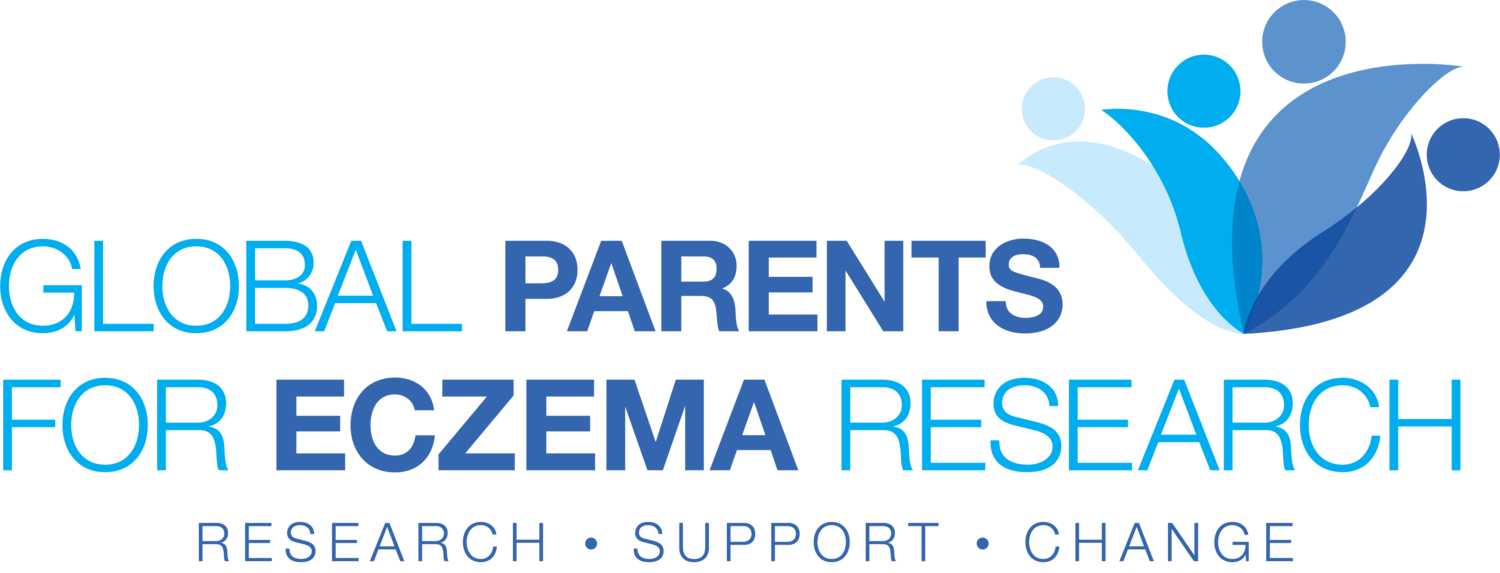Heat and Fires and Floods. Oh My!
Practical ways to protect your child from the impacts of climate change.
Our recent podcast on climate change examined the variety of ways extreme weather events affect children with eczema. Here are some actions you can take to ease the impact of our changing environment for your child.
HEAT!
There is hardly a region that hasn’t experienced record breaking heat in the last three years. If you live in the city, with fewer trees and vegetation, temperatures during a heat wave are even higher.
Unfortunately, studies show that children’s immature systems make it harder to adapt to heat so that their internal body temperatures rise faster than adults. And increased temperatures also cause sweating, a known irritant for kids with eczema.
This article featured on NPR spotlights India, one of the hottest counties on the planet last year and offers non-air-conditioning solutions to keeping your child cooler. Power often goes out there rendering air conditioning useless and traditional ways to keep cool are popular.
If you decide on air conditioning, a central air system will cool your whole house. Consumer reports offers a great overview of what to look for. If central air is impractical, here are the room air conditioners recommended recently by the New York Times. Keeping your child’s bedroom cool can help with night sweating that contributes to eczema flares.
FIRES!
Multiple studies suggest a link between air pollution and eczema. And, a recent study on wildfires noted more frequent visits to health care facilities for eczema during these events.
Researchers from our podcast suggested air purifiers for families living in urban areas with heavy pollution and during a wildfire event. In July 2022, the New York Times tested 47 room purifiers and choose the Coway AP-1512HH for the fifth year in a row. Its available from major retailers at less than $200 US and clears air in up to 360 square feet.
Or you can make your own more powerful air purifier for less the $100 using 4 furnace filters, some duct tape, and a box fan (my friends have done it!)
A word of caution, avoid ionic purifiers which have not been adequately studied and might be harmful to the heart.
FLOODS!
Researchers have also found that major flooding events result in increased visits to health care agencies because of eczema flares. They speculate that increased exposure to chemicals and to mold may be the cause.
The CDC offers detailed guidelines on how to clean up mold after a natural disaster and what to do when you return home after flooding.
P.S. Want to receive blogs like this one right to your inbox? If so, subscribe to our newsletter. And if you like what we do, please donate to GPER!




